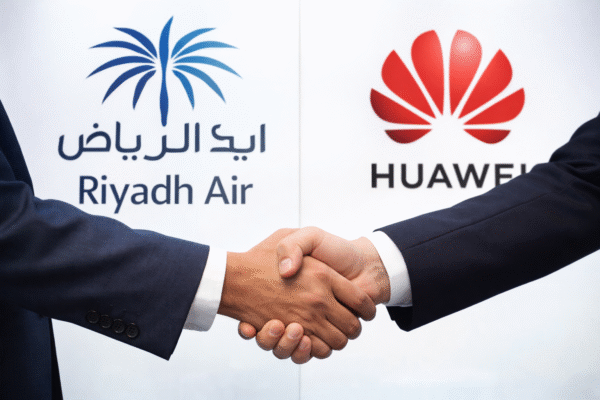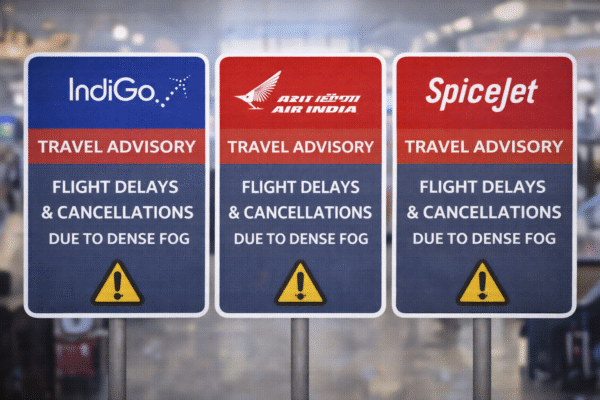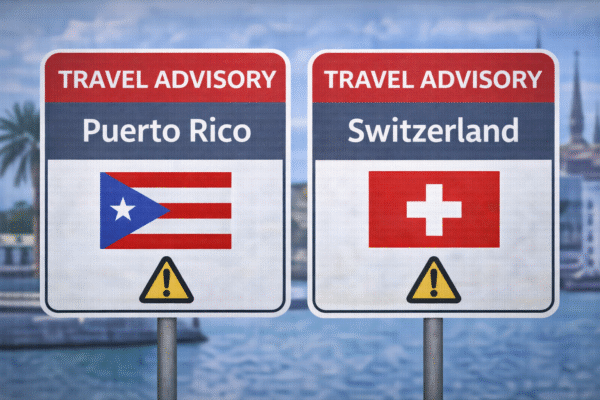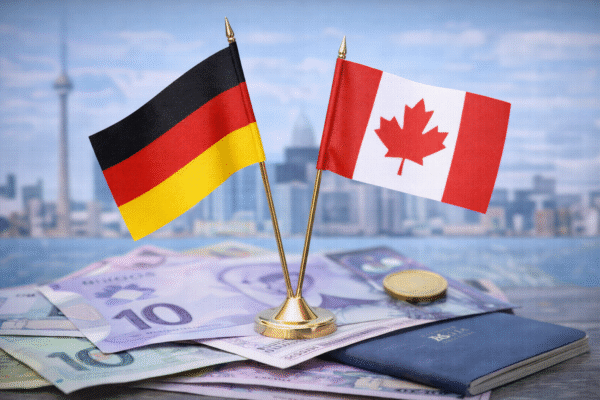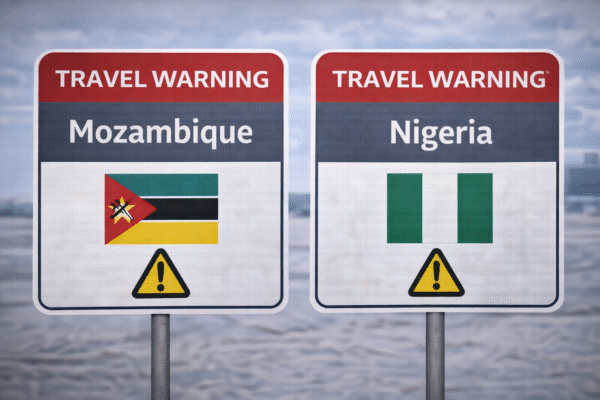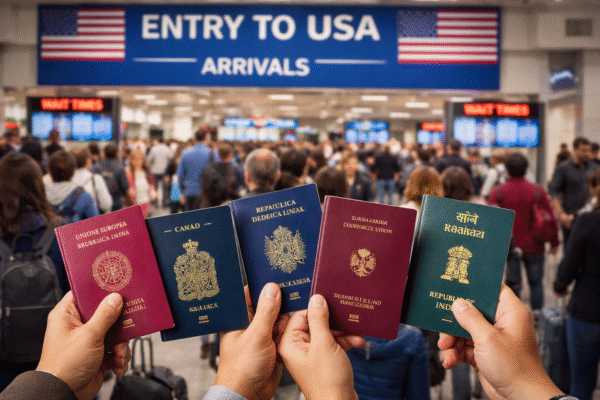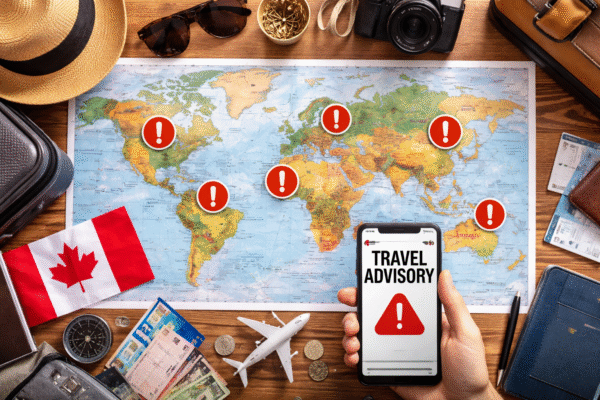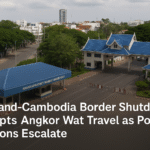BANGKOK, Thailand — Thailand’s domestic tourism sector is set to experience a significant revival starting July 1, 2025, with the launch of a bold new government-backed initiative. Under the “Tiew Thai Kon La Krueng” (Travel Thai Half-Half) campaign, eligible Thai citizens can receive hotel subsidies of up to 3,000 Baht per night—capped at five nights per person—totaling a generous 15,000 Baht in travel incentives.
The program, managed by the Tourism Authority of Thailand (TAT) in coordination with Krungthai Bank and government partners, aims to rejuvenate domestic tourism while supporting the nation’s vast tourism supply chain, particularly small and medium-sized businesses still recovering from the pandemic.
Nationwide Rollout with Over 34,000 Businesses Registered
As of June 30, 2025, more than 34,000 tourism-related operators across Thailand have signed up to participate in the initiative. These include hotels, homestays, restaurants, transport providers, and local artisan shops. Verification is ongoing for around 28,000 businesses, while over 6,000 have already been approved to accept subsidized bookings from July 1.
The campaign targets not only top-tier destinations like Bangkok, Phuket, and Chiang Mai, but also lesser-known towns and provinces, encouraging travelers to explore secondary cities and cultural heartlands.
Travel Benefits and Booking Details
The Tiew Thai Kon La Krueng program opens public registration on July 1, 2025 at 8:00 AM through the government’s travel portal and the Amazing Thailand mobile app. Travel can commence as early as July 4, 2025, with the last eligible check-out date being October 31, 2025.
Eligible Thai citizens can claim the following benefits:
| Category | Weekday (Mon–Fri) | Weekend/Public Holidays |
|---|---|---|
| Accommodation Support | 50% discount (up to 3,000 Baht) | 40% discount (up to 3,000 Baht) |
| Spending Voucher | 500 Baht per hotel booking | 500 Baht per hotel booking |
Each citizen is entitled to five hotel subsidies—three for major cities and two specifically allocated for travel to secondary destinations, balancing traffic between high-traffic and lesser-known areas.
Who is Eligible?
Participants must be Thai nationals aged 18 or older with a valid 13-digit ID and digital ID verification through the government’s “ThaID” mobile application. Biometric authentication ensures eligibility and secure registration. Bookings must be made on the same day before 11:00 PM, with travel starting a minimum of three days after confirmation.
Economic Impact Across Sectors
With 500,000 travel entitlements available, the campaign is projected to infuse billions of Baht into the tourism economy. Local eateries, traditional handicraft markets, wellness centers, and small transport services are expected to benefit significantly from the 500 Baht daily voucher system tied to hotel bookings.
In tourist-favorite provinces like Phuket, Chiang Mai, Ayutthaya, and Krabi, the campaign is expected to significantly increase footfall, while Nakhon Phanom, Nan, and Trang are set to welcome new waves of domestic visitors.
By promoting regional exploration and dispersing tourism across the country, the government aims to reduce overtourism in metropolitan centers while enhancing economic inclusion in rural regions.
Digital Strategy and Sustainability
The TAT has emphasized digital engagement through its Amazing Thailand app, offering real-time updates, verified operator listings, and seamless booking capabilities. Participating businesses will be geotagged and listed with detailed descriptions to help travelers make informed decisions.
Moreover, the program is aligned with Thailand’s broader sustainability goals. By promoting domestic travel, the scheme reduces dependence on long-haul tourism and international volatility, while also curbing carbon emissions linked to global air travel. Localized tourism supports eco-friendly community ventures and traditional livelihoods.
Support from Krungthai Bank and Local Authorities
Krungthai Bank is managing the program’s financial and biometric verification process, ensuring transparency and credibility. Local municipalities have also been engaged to verify business compliance and promote regional participation.
Participating hotels must meet minimum standards of quality and safety, with many adopting environmentally friendly practices such as waste reduction, energy efficiency, and local sourcing.
Rebuilding the Tourism Ecosystem Post-Pandemic
This initiative reflects Thailand’s long-term commitment to rebuilding a more resilient, inclusive, and sustainable tourism sector. As the country prepares for the high travel season later in the year, the hotel subsidy program offers a timely and practical solution to spur recovery, drive equitable growth, and reignite travel enthusiasm among Thai citizens.
According to TAT officials, the program is also expected to indirectly promote Thailand’s readiness for global tourism, with lessons learned from this domestic-focused strategy informing future campaigns for international travelers and digital nomads.
Conclusion: A Game-Changer for Domestic Travel
The “Tiew Thai Kon La Krueng” program arrives at a crucial moment for Thailand’s tourism revival. With up to 15,000 Baht per traveler, modern digital verification tools, and a focus on secondary destinations, the campaign sets a new benchmark for inclusive and sustainable domestic tourism.
From the beaches of Phang Nga to the historic temples of Sukhothai, Thai citizens now have both financial incentives and a digital roadmap to rediscover their homeland. With economic benefits flowing to local businesses and communities, this bold government initiative is not just about travel—it’s about transformation.
For more travel news like this, keep reading Global Travel Wire



